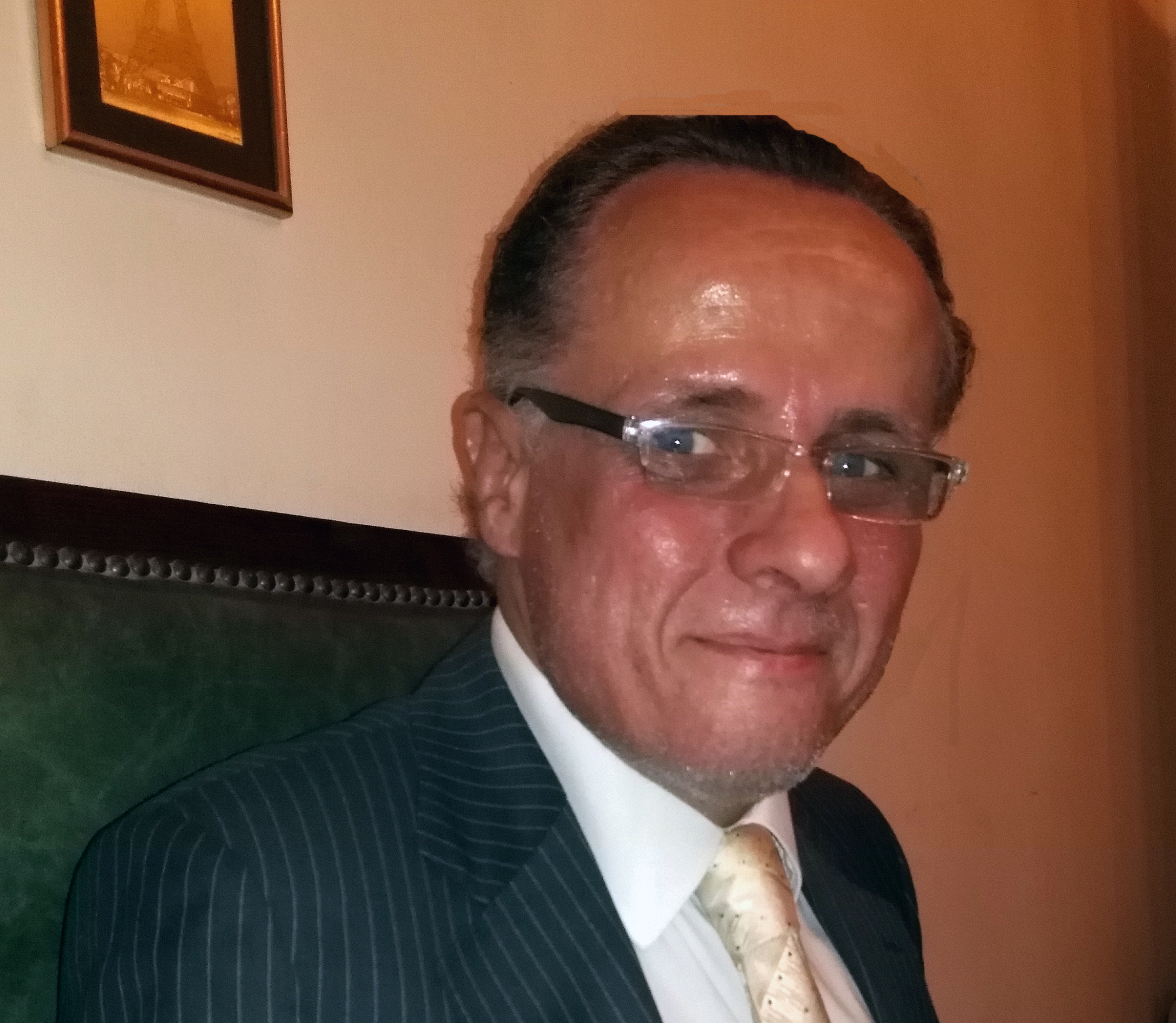
By Farah Halime
A private equity fund launched by Gamal Mubarak managed to reel in millions of dollars of investment from Egypt’s elite, revealing the depths to which political and business connections ran as he began rising in stature in the late 1990s.
According to a document obtained by Rebel Economy, Gamal Mubarak’s $54m Horus I Fund, created in 1997, attracted some of the country’s most controversial businessmen including steel fugitive tycoon and Mubarak-confidante Hussein Salem, steel magnate Ahmed Ezz, who was acquitted in June after being charged with monopolising the country’s steel market, and the ex-CEO of Egyptian investment bank EFG Hermes, Hassan Heikal. Heikal is a defendant in an insider trading case involving both of the Mubarak sons. His former colleague, Yasser El Mallawany, who is still officially an employee of EFG, is another investor in the Horus Fund.
The fund, which was operated by EFG Hermes and invested in Egyptian projects and companies, attracted millions of dollars of investment from members of Egypt’s old guard, some of whom have been targeted in corruption cases since the fall of Hosni Mubarak in 2011. Although there is no evidence the fund engaged in corrupt activity, the connections between the people named as investors on the account has never been properly investigated by the Egyptian authorities.
The list of individuals and companies published above raises questions that have so far been left unanswered by Egyptian investigators.
The document, which details how much individuals and companies committed to the fund at the time of launch, also provides a window into the everlasting influence of Mubarak’s old guard and their long-standing ties to Gulf nationals in Saudi Arabia, Kuwait, the United Arab Emirates and Qatar.
It represents the beginning of Gamal Mubarak’s foray into private equity, where his financial interests in the Egyptian economy, from tourism to agriculture to oil, began to grow. The fund was created prior to Gamal’s entry into political life, when he acquired 18% of EFG Hermes Private Equity.
Among the handful of Gulf companies listed is First Arabian Development and Investment Company, run by Hamza al Kholi, a prominent Saudi Arabian businessman, and Yahya Al Yahya, the chief executive director of Gulf International Bank.
The ZAD Global Direct Investments Fund is also a notable appearance on the list. This investment company, founded by Prince Mishaal Al-Saud, second child of the Prince Abdullah bin Turki bin Abdulaziz Al-Saud in Jeddah, is a privately controlled investment company, organised, owned, controlled and operated as the investment vehicle for the family of Prince Mishaal for the purpose of managing the family’s investments.
Some businessmen have used clever ways to hide their investment activity. A company connected to Hussein Salem appears on the document. Clelia Assets Corporation, a Panama registered company, is linked to his name.
Salem fled Egypt in 2011 when he came under fire for tax evasion and his complicity in a corrupt gas deal.
Other controversial names on the list include Mohammed Abou El Enein, the chief executive of Cleopatra Ceramics, a major Middle East ceramics firm that has faced repeated labour strikes.
Abou El Enein, who once called himself “the noblest businessman on Earth”, was at one point under investigation for allegedly violating labour laws. Workers have staged sporadic strikes asking for improved working conditions and higher wages.
The fund is a worrying sign of how little progress Egypt has been made in defeating a tight circle of Egypt’s mafia, some of whom were subject to now forgotten corruption cases.
And now, there is evidence that some of Mubarak-era moguls may make a reappearance on Egypt’s political and business scene. Hussein Salem, who is currently exiled in Spain, has reportedly asked to make a deal with the interim government that would end any court cases against him. He has said he is presenting a new initiative to the interim government which includes funding for the unemployed in the tourism sector, as well as restoration of police stations, churches and mosques.
Hassan Heikal, who resigned from EFG Hermes earlier this year, has indicated that he will be acting as a consultant to the Egyptian government. He has signalled he will offer ideas and launch new initiatives “that offer long-term solutions to Egypt’s fiscal challenges and economic development,” according to a statement he made when he resigned.
But the army has a strategy of its own. Its interest is in preventing an examination of its own assets and business interests, which not only is likely to affect other investigations, but focus on a shift away from Mubarak-era crimes toward the Muslim Brotherhood and the former president Mohammed Morsi.
So as the army continues its assault against the Muslim Brotherhood, journalists and civilians, the more these characters will disappear into the background, leaving them free to operate, uninterrupted.
Farah is a business journalist and founder of Rebel Economy, a blog focused on how regional economies are rebuilding after the Arab Spring.
This post originally appeared on Rebel Economy.



